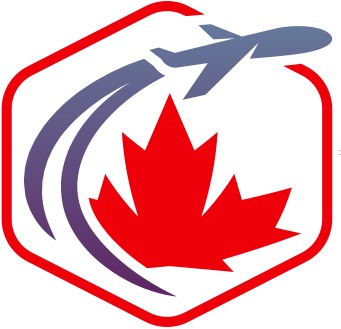Seeking refuge in Canada involves a well-established process designed to provide protection to individuals facing persecution, violence, or danger in their home countries.
Here's an overview of the refugee process in Canada:
1. Eligibility and Application:
Refugees must be outside their home country to apply for resettlement in Canada.
- The United Nations Refugee Agency (UNHCR) or another designated referral organization usually refers refugees to Canada.
- Individuals can also apply directly if they are outside their home country and unable to return due to a well-founded fear of persecution.
2. Private Sponsorship:
- In addition to government-sponsored refugees, Canada allows private citizens, groups, or organizations to sponsor refugees. This involves taking responsibility for their settlement and integration into Canadian society.
3. Government-Assisted Refugees (GAR):
- Individuals identified and referred by the UNHCR or another referral organization can be considered for resettlement in Canada as government-assisted refugees.
- They receive support from the Canadian government for their initial settlement.
4. Private Sponsorship Program (PSR):
- Private citizens or organizations can sponsor refugees directly, committing to providing financial and emotional support for the refugee’s settlement in Canada.
- This program aims to involve the community in helping refugees integrate into Canadian society.
5. Blended Visa Office-Referred (BVOR) Program:
- A partnership between the government and private sponsors, where the government covers initial resettlement costs, and private sponsors offer support.
- Refugees under this program receive a blend of financial and emotional support.
6. Application and Processing:
- Once identified or referred, refugees go through a thorough screening and vetting process to assess their eligibility for resettlement in Canada.
- Security and health checks are conducted, and applicants must meet the definition of a refugee as per international law.
7. Permanent Residency:
- Upon successful approval of their refugee status, individuals are granted permanent residency in Canada.
- They have the right to work, access healthcare, and pursue educational opportunities.
8. Integration Support:
- Government-assisted refugees receive support from settlement agencies, while privately sponsored refugees benefit from the assistance of their sponsoring groups.
- Integration programs help refugees adjust to life in Canada, including language training, job support, and cultural orientation.



